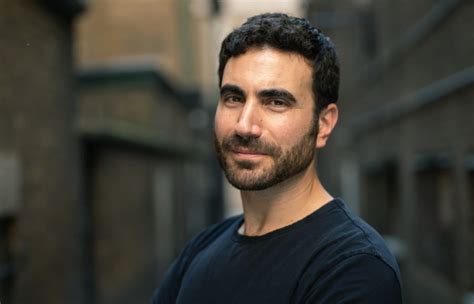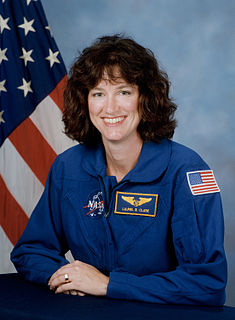A Quote by Jim Peebles
My advice is not to aim for prizes and awards. We are in this for the joy of research, the fascination, the love of science. That's the reward, really.
Related Quotes
Bohr’s standpoint, that a space-time description is impossible, I reject a limine. Physics does not consist only of atomic research, science does not consist only of physics, and life does not consist only of science. The aim of atomic research is to fit our empirical knowledge concerning it into our other thinking. All of this other thinking, so far as it concerns the outer world, is active in space and time. If it cannot be fitted into space and time, then it fails in its whole aim and one does not know what purpose it really serves.
This example illustrates the differences in the effects which may be produced by research in pure or applied science. A research on the lines of applied science would doubtless have led to improvement and development of the older methods - the research in pure science has given us an entirely new and much more powerful method. In fact, research in applied science leads to reforms, research in pure science leads to revolutions, and revolutions, whether political or industrial, are exceedingly profitable things if you are on the winning side.
Your body, the only one you will ever have, is the foundation of your life. And it’s either an anchor limiting your freedom and potential or a source of radiant energy, vitality and joy, elevating your life and the lives of those around you. It’s your choice… will yours be a source of strength, from which you will impact the world, or an obstacle, preventing you from your dreams and desires? … As my friend, NFL Hall of Fame quarterback John Elway is fond of saying,'If you’re going to bother setting a goal, aim high!'… My advice to you, aim high; aim for strength.
Written in 1895, Alfred Nobel's will endowed prizes for scientific research in chemistry, physics, and medicine. At that time, these fields were narrowly defined, and researchers were often classically trained in only one discipline. In the late 19th century, knowledge of science was not a requisite for success in other walks of life.
"Endow scientific research and we shall know the truth, when and where it is possible to ascertain it;" but the counterblast is at hand: "To endow research is merely to encourage the research for endowment; the true man of science will not be held back by poverty, and if science is of use to us, it will pay for itself." Such are but a few samples of the conflict of opinion which we find raging around us.





































